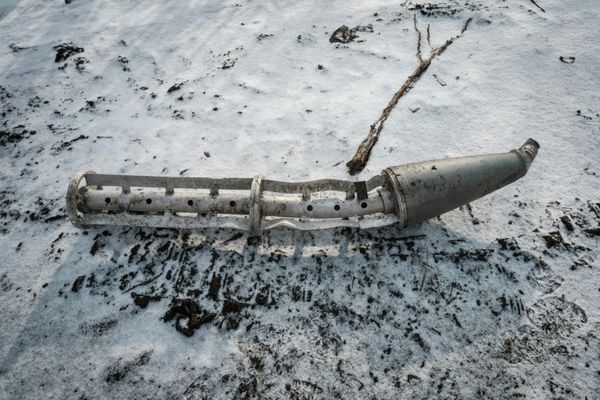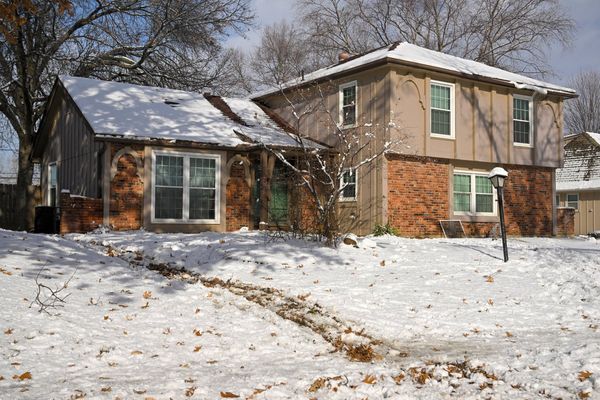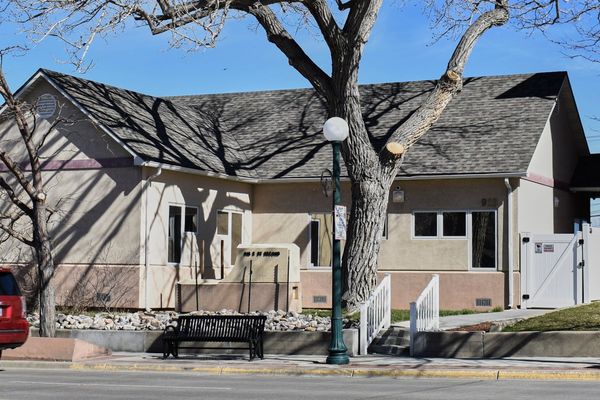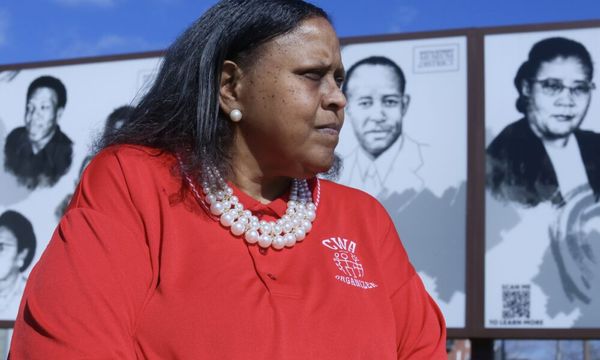A Hobart cafe owner, who had a cardiac arrest at 31, is suing two doctors and a private hospital for failing to detect his heart condition despite complaining of chest pain years earlier.
William Priestley is the owner of cafes and restaurants across Hobart.
In early 2017, Mr Priestley suffered a cardiac arrest while playing hockey.
In an ABC Hobart radio interview later that year, he said he was only alive because of the people he was with when he collapsed. Cardiac arrests have a survival rate of 3 per cent.
"One of the only reasons I survived is I did collapse next to Helen Castley, the head of neurology at the Royal [Hobart Hospital] and Rohan, who's a cardiac trauma nurse," he told ABC Radio Hobart.
"Both of them were within 50 metres and so I was getting CPR within about 45 seconds, which is the only reason [I'm here].
"There's about a two-minute window to start getting CPR [after a cardiac arrest] and luckily enough there was also an ambulance coming by on a non essential job that got diverted to me."
Mr Priestly also told the program he had been getting chest pains for a few years and had previously consulted a cardiologist, who is now the subject of his legal action.
In documents filed with the Supreme Court in Hobart in 2019, Mr Priestly claims he visited his regular GP "reporting chest pain that radiated out of his chest and was tight on exertion, particularly while playing sport".
His doctor referred him to the Hobart Heart Centre, requesting an echocardiogram and exercise test.
The statement of claim alleges cardiologist Dr Michael Coombes performed the echocardiogram and diagnosed Mr Priestley with "exercise-induced asthma" and told him "stress testing was unlikely to be helpful and discharged [Mr Priestley] from his care".
The claim further states that "reasonable medical practice required that [Mr Priestley] undergo further investigation in the form of a stress test at that time" and following that test, he should have undergone a further procedure to rule out ischaemic heart disease.
In defence documents filed with the court, Dr Coombes has denied the allegations and said he considered exercise-induced asthma to be the most likely diagnosis and advised Mr Priestley to double his dose of asthma medication, use Ventolin prior to exercise and keep a record of his peak flows.
He alleges he told Mr Priestley "if the symptoms were no better after a few weeks then an exercise test might be useful and he would be happy to review him".
About 18 months later, in late 2014, Mr Priestly injured his ankle and tore his anterior cruciate ligament while playing gridiron football. He underwent surgery on August 9, 2015 at hospital.
A few days, later he complained of chest pain at rest with Dr Joshua Power investigating by blood test, X-ray and electocardiogram (ECG).
The ECG suggested there had been occlusion (blockage) of the left anterior descending artery prior to that date.
The Statement of Claim alleges "reasonable medical practice required that in the presence of reported chest pain at rest and … evidence of a previous [heart attack, Mr Priestley] should have been admitted to hospital under the care of a cardiologist".
It once again points out that if his disease had been diagnosed, treatment would have begun.
Dr Power and the hospital he worked at, Hobart Private Hospital, are the second and third defendants in the case.
Two years later, he had the cardiac arrest at hockey and was taken to the Royal Hobart Hospital where he had two open-heart surgeries.
Mr Priestley is claiming all three defendants were negligent in their duty of care as a result he suffered:
- A preventable heart attack between 2013 and 2015 which resulted in scar tissue formation
- A preventable cardiac arrest on March 7, 2017, resulting in further permanent damage to the heart
- Cardiac surgery
- Further surgery for postoperative bleeding
- Insertion of pacemaker
- Post-traumatic stress disorder
- Acquired brain injury
The defendants have denied the allegations, with Dr Coombes alleging Mr Priestley himself was negligent in that he failed to report ongoing symptoms after his review to his usual GP and did not seek a review with Dr Coombes.
He also claims that the statute of limitations would bar Mr Priestley from bringing action against him.







